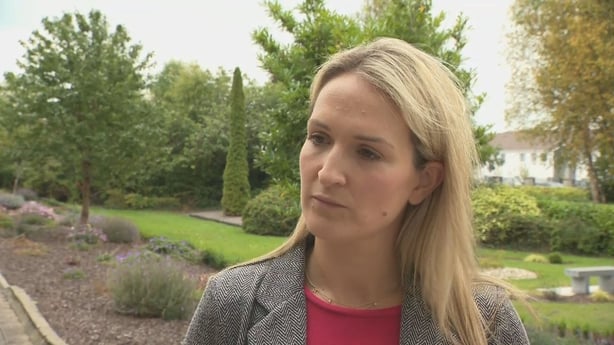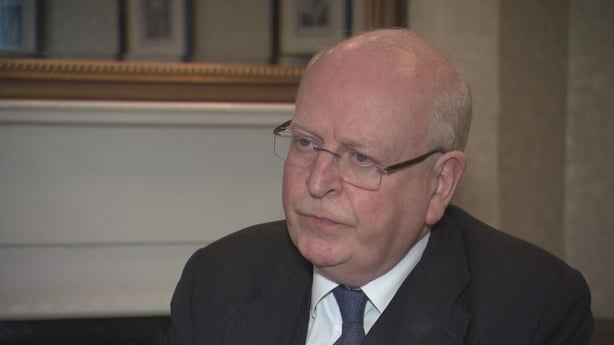The proposed legislation that became commonly known as the Hate Speech Bill was first introduced in the Dáil in November 2022.
The bill was intended to define with greater detail public actions, statements and behaviours of individuals that constituted hate speech offences against people with 'protected characteristics'.
These were identified as race, colour, nationality, religion, ethnic origin, descent, sex characteristics, sexual orientation, disability and gender, which included a person's preferred gender and gender other than male and female.
Yesterday's announcement by Minister for Justice Helen McEntee that the hate speech element of the bill, which is officially titled the Criminal Justice (Incitement to Violence or Hatred or Hate Offences) Bill 2022, would be removed comes after it had become something of a focus in the culture wars at home and internationally.
X owner Elon Musk, who is not shy about making pronouncements on such matters, told his 200 million X followers it was an "attack on freedom of expression" and offered to fund legal challenges.

Donald Trump Jr, the former US president's eldest son, also called the proposals insane.
Perhaps it was more sober interventions at home however that led to the decision.
Former minister for justice and attorney general Senator Michael McDowell raised concerns with the bill and in particular perceived dangers to free speech he believes it contained.
"I very much welcome that opposition in the Seanad has caused the Government to rethink the matter and Government backbenchers to put pressure on the Government to see sense on this matter," Mr McDowell said.
"If you look right across the world people are being prosecuted on very flimsy words... we can't have language which restricts people's freedom of expression and leaves it to judges to decide it in the end."

It also became an issue within the ranks of Fine Gael and Fianna Fáil backbenchers, who argued they should be concentrating on bread and butter concerns of people rather than dealing with the controversial bill.
Then during the summer when Taoiseach Simon Harris said the bill would go ahead but with amendments, it was clear changes would be made.
Ms McEntee and other ministers repeatedly referred to a lack of "consensus" around the bills hate speech provisions as the reason for this move, and while the justice minister indicated that she will revisit this in the future, it seems unlikely that will happen in the remaining lifetime of this coalition Government.
The bill has proved controversial from its inception.
Issues with its lack of definition of what constitutes hate speech, the extended range of categories to which hatred or offence could be caused, and perceived dangers to freedom of expression led to much questioning and criticism.
Following consultation with the coalition party leaders, Minister for Justice Helen McEntee said there is no consensus on the hate speech element of the bill so the Government will withdraw that section for the moment.
The rest of the bill will be enacted however and will seek to provide harsher sentencing for convictions for offences where hate is shown to be a factor.







